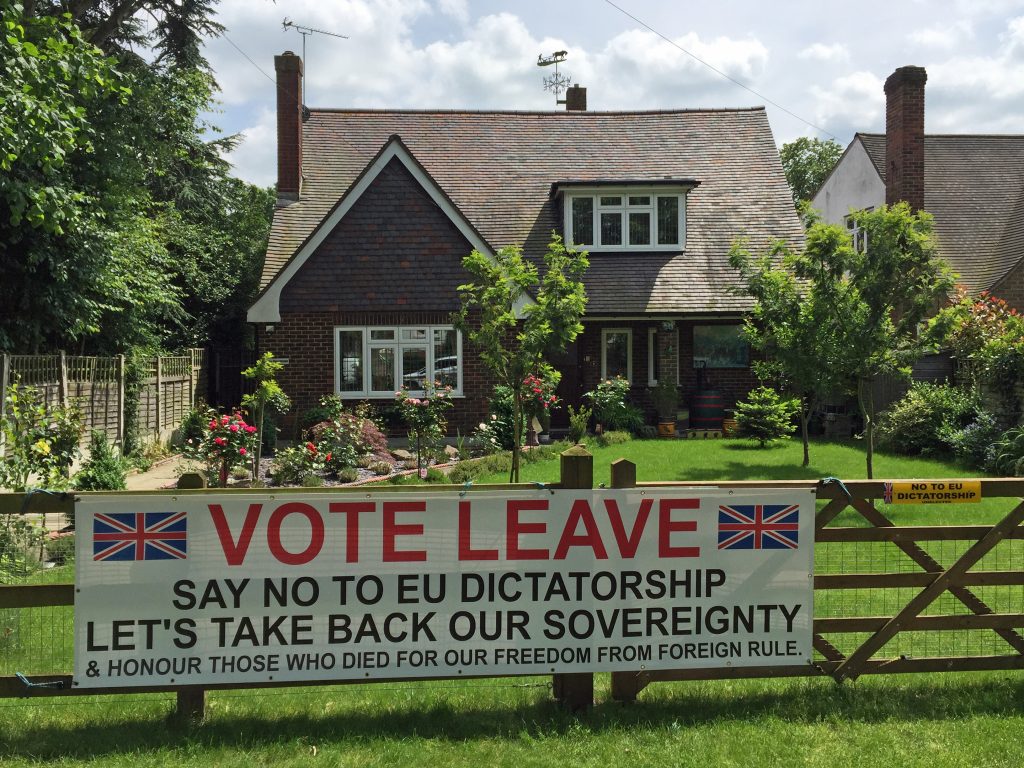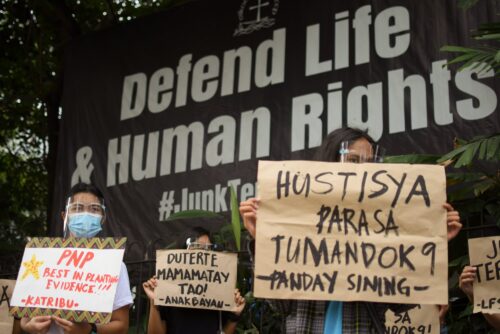Brexit Will Not Solve Anything

Imagine if Hawaii, Texas, or Puerto Rico held an election and their citizens voted to leave the United States. It is unimaginable, and yet, it would not be a complete surprise. A similarly “unimaginable” scenario actually did play out, however, on June 23, when the British electorate voted to leave the European Union (EU). The “Brexit” announcement sent shock waves around the world, and yet, the result of the referendum is not all that surprising. The U.K. has been fighting with the EU ever since it joined the European Economic Community (which later became the EU) in 1973. If any country was going to leave voluntarily, it was the U.K.
It finally happened. But what actually happened? As an editor of the European anthropology journal Social Anthropology/Anthropologie Sociale, I asked 28 anthropologists for their thoughts on the referendum and its meanings. Three responses stood out.
First, the forum contributors noted that referendum results seem strangely disconnected from what follows. For example, last year, a referendum was held in Greece over whether the Greek government should accept the punishing terms of a bailout deal set by the EU, the European Central Bank, and the International Monetary Fund. The electorate resoundingly voted no (61 percent to 38 percent). Ultimately, the result didn’t make any difference: EU negotiators insisted on worse terms than the Greek government had been offered before the referendum. In a nutshell, a year ago, the EU rejected the results of the Greek referendum. Yet the EU is insisting that the U.K. referendum, which the “leave” campaign won on a much narrower majority (52 percent to 48 percent) than what the Greek referendum passed with, must be upheld and that the U.K. must leave the EU as soon as possible.
That disconnect between referendum results and what comes after them may be related to the fact that referendums are not an ideal way to resolve complicated problems. As social anthropologist Madeleine Reeves of the University of Manchester pointed out, referendums reduce highly complex issues like the national economy and EU membership to a simple yes/no question. It is a bit like a TV quiz-show form of politics, which discourages detailed debate and nuanced discussion. Ultimately, that harms democracy.
Second, Brexit reveals a distinctly British anti-establishment sensibility. Michael Gove, one of the leading campaigners for Brexit, notably said that “people in this country have had enough of experts.” This was Gove’s defensive response to a journalist who asked him to name a single economist who supported the leave campaign. Media commentators interpreted this as an indication that Brexit voters were persuaded by a new wave of populist politics that, in my view, seems to be spreading across Europe like an epidemic.
The deep-seated desire to give the U.K. and EU establishments a kicking has strong roots in the U.K.
Heated discussion on social media also suggested that voters who have suffered from years of economic austerity measures wanted to punish those who they believe have caused their misery. Yet there is probably more to it than that. In the view of anthropologist Marilyn Strathern of the University of Cambridge, the deep-seated desire to give the U.K. and EU establishments a kicking has strong roots in the U.K. It stems from the belief that all institutions are elitist, and all therefore deserve to be attacked. And this is not simply a matter of resentment toward the super-rich (the notorious 1 percent): Elites are supposedly people who have their noses in the air or in a book, rich or not.
Third, the Brexit debate did not bring out the typical sort of nationalist arguments but rather those of the imperial kind: Many expressed nostalgia for the days when Britain had an empire and was Great Britain. This imperial nostalgia reflects a desire to return to a golden age when Britain ruled the waves (to paraphrase the British patriotic song, “Rule Britannia!”). Yet the nostalgia was not only about loss of empire but also about loss of livelihood. Several forum participants suggested that the desire for a return to “Great” Britain was combined with resentment from voters in rural and formerly industrial areas about their sense of having been abandoned in the post-industrial age. Many of these people worked in Britain’s industries until the factories closed down in the 1980s and 1990s, during Margaret Thatcher’s era as prime minister. The idea that leaving the EU would mean being “in control of our own destiny again” resonated with both of those highly charged sensibilities.
Taken together, these insights reveal that many Brexit voters hoped leaving the EU would give them a better life, a return to the pre-globalization days, and ultimately more freedom. Sadly, all the signs suggest that Brexit is likely to give those people more precarious lives: reduced economic stability, fewer protections of human rights, and less of a safety net when people become unemployed or sick. This means less opportunity to choose anything at all.































